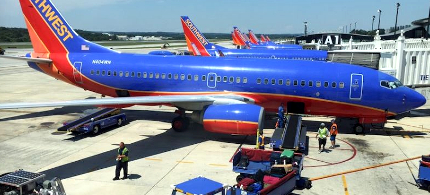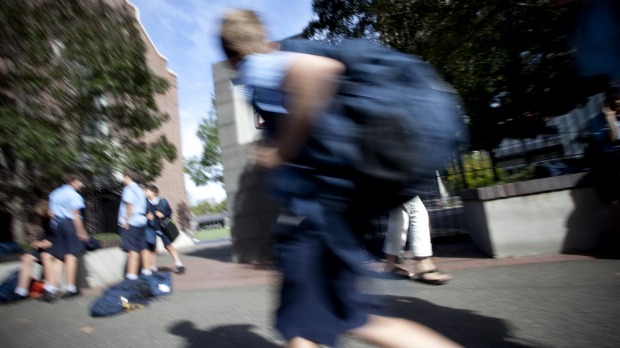América del Norte/EEUU/Abril 2016/Autor: Justin Salhani/ Fuente: readersupportednews.org
Resumen: Un joven estudiante de UC Berkeley, 26 años de edad, refugiado iraquí, llegó a los Estados Unidos en 2002, cuando su padre diplomático murió. Ahora el senior en la Universidad de California Berkeley estaba en Los Ángeles para asistir a una cena en el Consejo de Asuntos Mundiales de Los Ángeles, un evento que también asistió el secretario general de la ONU, Ban Ki-moon, cuando fue removido de un vuelo de Southwest Airlines a raíz de que habló en árabe estando a bordo de la nave.
A UC Berkeley student says he was removed from a Southwest Airlines flight earlier this month after speaking Arabic on board.
Khairuldeen Makhzoomi, a 26-year-old Iraqi refugee, came to the United States in 2002 when his diplomat father was killed. Now a senior at UC Berkley, Makhzoomi was in Los Angeles attending a dinner at the Los Angeles World Affairs Council, an event that was also attended by UN Secretary General Ban Ki-moon.
While on the plane, he called his uncle to tell him about the dinner and ended the phone call by saying “inshallah” — a common term used in Arabic that translates to “God willing.” But after he hung up, he noticed a female passenger eyeing him suspiciously. The passenger reported Makhzoomi, who was then removed from the flight and searched.
“The way they searched me and the dogs, the officers, people were watching me and the humiliation made me so afraid because it brought all of these memories back to me. I escaped Iraq because of the war, because of Saddam and what he did to my father,” Makhzoomi told the Daily Californian. “When I got home, I just slept for a few days.”
The FBI questioned him because the passenger thought he had said “shahid,” which translates to martyr, instead of “inshallah.” They then informed him that Southwest would not fly him back to Oakland, even though he was a Southwest premier rewards member. Although Southwest called Makhzoomi the following Monday to inform him that his status was clear to fly, the airline didn’t offer any apology.
“I don’t want money,” he said. “I don’t care about that. All I want is an apology.”
Makhzoomi is the latest person to be removed from a flight due to a fear of Islam. In fact, simply having a Muslim name can arouse suspicion from airlines or fellow travelers. There have been numerous incidents of Arab or Muslim passengers removed from planes for “suspicious activity” since the Paris attacks late last year.
“In November, four passengers of Middle Eastern descent were removed from a Spirit Airlines flight for ‘suspicious activity’ — a claim that revolved around one of the passengers viewing a news report on his phone,” ThinkProgress reported in January. “Later that month, two Palestinian-Americans were barred from boarding a plane in Philadelphia when a fellow passenger complained the pair made her uncomfortable because they were conversing in Arabic.”
This discrimination extends beyond just Muslims, as Sikhs have also come under scrutiny while flying. One particularly noticeable case occurred when Sikh American actor, model, and jewelry designer Waris Ahluwalia — famous from appearing in Wes Anderson movies — was barred from a flight for refusing to remove his turban.
These incidents have noticeably occurred more frequently since the nation’s attention turned to the Paris attacks.
“Since 9/11, we’ve seen a steady increase in anti-Muslim bias and dissemination of fear about Muslims in the United States. That trend has really spiked during this current electoral season,” Charles Hirschkind, a professor at UC Berkley with a focus on Islam and the Middle East, told the Daily Californian. “Candidates have said things like Muslims should not be allowed to immigrate to this country. …All of these kinds of statements really ramp up both the level of fear and also the level of bias and prejudice and racism that Muslims face.”
Southwest issued a statement saying the airline “regrets any less than positive experience on board our aircraft.”
Fuente de la noticia: http://readersupportednews.org/news-section2/318-66/36357-iraqi-man-removed-from-southwest-flight-for-speaking-arabic
Fuente de la imagen: http://readersupportednews.org/images/stories/article_imgs20/020672-southwest-airlines-041616.jpg










 Users Today : 41
Users Today : 41 Total Users : 35460582
Total Users : 35460582 Views Today : 61
Views Today : 61 Total views : 3419543
Total views : 3419543